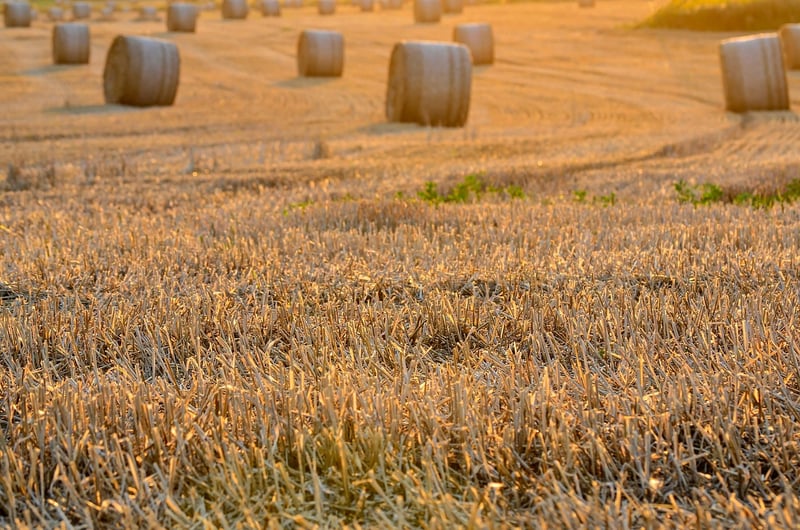Rainwater Harvesting
#Sustainability
#Green practices
#Eco-friendly gardening
The Benefits of Environmentally Friendly Gardening and Rainwater Harvesting

Introduction
Environmentally friendly gardening, coupled with rainwater harvesting, is a sustainable approach that benefits both your garden and the environment. By incorporating eco-friendly practices into your gardening routine, you can reduce your ecological footprint and create a more sustainable outdoor space.
Benefits of Environmentally Friendly Gardening
- Reduces chemical usage: By avoiding synthetic pesticides and fertilizers, you can protect pollinators and beneficial insects.
- Conserves water: Implementing water-saving techniques like mulching and drip irrigation can help conserve water resources.
- Promotes biodiversity: Planting native species and creating habitats for wildlife can enhance biodiversity in your garden.
- Improves soil health: Practices such as composting and crop rotation can enrich the soil and promote plant growth.
Benefits of Rainwater Harvesting
- Reduces water bills: Using collected rainwater for irrigation can lower your water bills and reduce reliance on municipal water sources.
- Minimizes runoff: Harvesting rainwater helps prevent soil erosion and reduces stormwater runoff, which can carry pollutants into waterways.
- Provides chemical-free water: Rainwater is free of chemicals, making it ideal for watering plants without the risk of harmful residues.
- Supports sustainable gardening: Incorporating rainwater harvesting into your gardening practices aligns with sustainable and eco-friendly principles.
How to Get Started
To embrace environmentally friendly gardening and rainwater harvesting, consider the following steps:
- Install a rain barrel or cistern to collect rainwater from your roof.
- Choose native plants that are well-suited to your climate and require less water and maintenance.
- Use organic mulch to retain moisture, suppress weeds, and improve soil health.
- Implement a drip irrigation system to deliver water directly to plant roots and minimize evaporation.
- Compost kitchen scraps and yard waste to create nutrient-rich soil amendments for your garden.
By combining environmentally friendly gardening practices with rainwater harvesting, you can create a sustainable and thriving garden that benefits both you and the planet.

